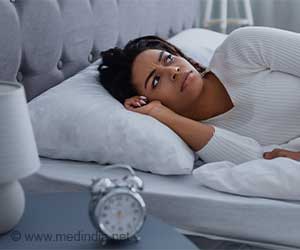Higher doses of Z sleeping drugs are associated with an increased risk of falls, fractures, and strokes in dementia patients.

‘Higher doses of Z sleeping drugs are associated with an increased risk of falls, fractures, and strokes in dementia patients. This highlights the need for developing non-pharmacological approaches among these patients to tackle sleep issues and social isolation during Covid-19.’





Z-drugs (e.g. Zopiclone, Zaleplon, and Zolpidem) are a class of sleeping pills – Nonbenzodiazepines known to treat insomnia. It is recommended for only short-term use (maximum of four weeks) in people with dementia.Though the efficacy of these drugs is unclear, dementia patients are often prescribed high doses of Z-drugs This is associated with a greater adverse effect as seen with benzodiazepines or 'benzos' – a stronger class of sedative drugs, except for a lower mortality rate with Z-drugs.
Z-drugs among Dementia Patients:
To analyze the effects of these drugs and their dosage in dementia, the research team employed data from 27,090 dementia patients of average age 83 years in England, between January 2000 and March 2016. Among them 62% were women.
Adverse events of Z-drugs – fractures, falls, deep vein thrombosis, stroke, and death were monitored in 3,532 patients over two years. Data were compared to people with sleeping disturbances, who were not on any sedatives, and those who had been on prescribed benzodiazepines.
Advertisement
The study offers insights to avoid usage of long-term higher doses of sleeping pills in dementia patients. This urges the need to develop non-drug approaches for these patients to tackle sleep issues and social isolation during Covid-19.
Advertisement














